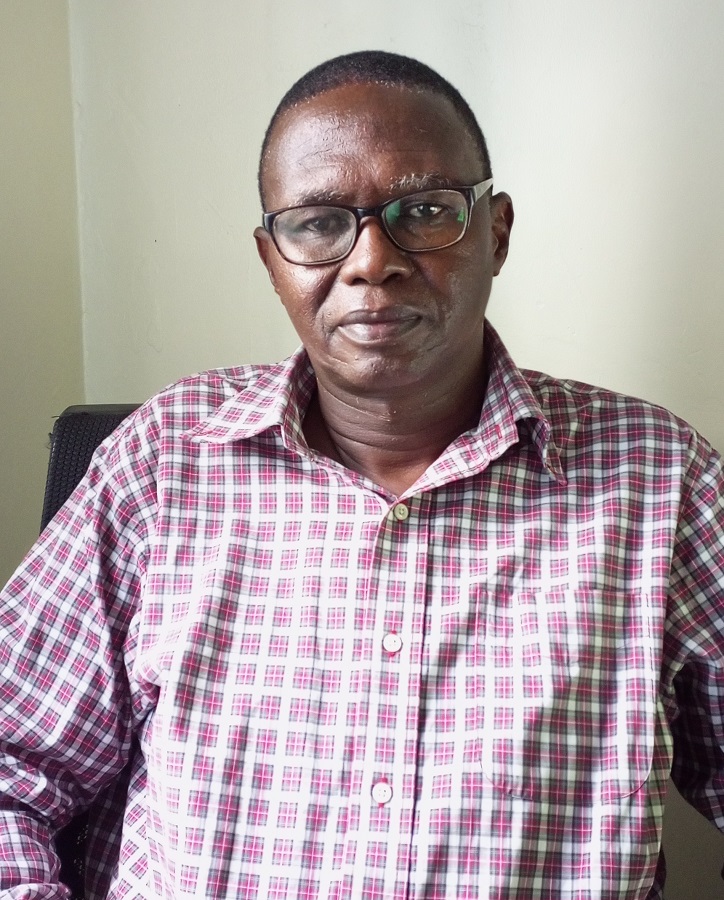Tackle the root causes of gender based violence in Uganda
National demographic data from 2020 reveal that 56% of married women aged 15-49 reported having suffered physical and sexual violence by a husband (Uganda Bureau of Statistics, 2021).

Editor, on Tuesday 17th, the media quoting police reported that seven people had died as a result of domestic violence in a space of one week. The victims include six women and a man.
Uganda has stated its commitment to ending GBV as part of the United Nations’ Sustainable Development Goal (SDG) No. 5 (UN, 2022) and integrated its targets into its National Development Plan (Republic of Uganda, 2020, Office of the Prime Minister, 2020) but it is unfortunate that it has failed.
The review showed high levels of domestic violence are amongst women of reproductive age in sub-Saharan Africa: about 25% of women in Malawi had experienced physical and sexual spousal violence, levels were higher in Cameroon, Kenya, Rwanda, Zimbabwe (35%-45%); and highest in Uganda (60%).
Gender-based violence (GBV) National demographic data from 2020 reveal that 56% of married women aged 15-49 reported having suffered physical and sexual violence by a husband (Uganda Bureau of Statistics, 2021). is an everyday threat for Ugandan women and girls.
More than one in three women (36%) had experienced sexual violence most often from a partner, 28% reported victimisation by sexual violence in the past year. Child sexual abuse is also pervasive with 59% of women reporting sexual abuse in childhood. National data also show that 33% of girls below the age of 15 years were forced at first sex.
Among women who said they had experienced GBV, only a minority reported it to police. According to the 2021 police crime report, about 16,242 cases of gender-based violence were recorded last year. Out of these, 8,064 were domestic violence, 6,838 defilement, 749 rape and 223 were aggravated domestic violence that resulted in death.
By the end of March 2023, members of the GBV Sector Working Group (SWG) managed 1,526 incidents, reported in the GBVIMS from all thirteen refugee hosting districts in Uganda.
The main types of GBV disclosed by survivors include psychosocial, emotional abuse (32%), physical assault (24%) and denial of resources (24%). Gender inequality, the norms and beliefs against women and girls cause domestic violence in Uganda.
There are also other many factors that increase the risk of Gender Based Violence (GBV) which includes poverty, alcoholism, drug abuse among others (UNDP, 2015; Oxfam, 2018) with women and girls living through crises experiencing an increase in both the frequency and severity of GBV.
The unequal status of men and women is primary said to be the main cause of gender-based violence which includes beliefs that women should be economically dependent on men meaning that they have no right to own any property for example especially if their husbands are still a live and that women and children are a man’s possessions under his control.
Survey findings show that GBV ranks at the top of Ugandans’ priorities among women’s-rights issues that need government and societal attention.
Most citizens reject a husband’s use of physical force to discipline his wife but half report that violence against women and girls is a common occurrence in their community while they are confident that the police take GBV cases seriously, a majority think that women reporting violence will be criticised and that domestic violence is a private matter to be handled within the family.
Therefore, there is a need for the government to tackle the root cause of gender based violence by promoting gender equality through education and awareness campaigns which include teaching about gender stereotypes, biases and the harmful effects of GBV.
This is a crucial tool in addressing Gender Based Violence (GBV) because they help change attitudes, behaviours and societal norms. Awareness campaigns encourage survivors to come forward reducing the stigma associated with reporting GBV incidents.
Legal reforms are also critical component in addressing gender Based Violence (GBV) because they provide a framework for holding perpetrators accountable and protecting victims by involving creating and amending laws specifically designed to address different forms of GBV such as domestic violence, sexual assault, harassment and denial of resources.
Olive Atuhaire
Atuhaireolivia72.ao@gmail.com







